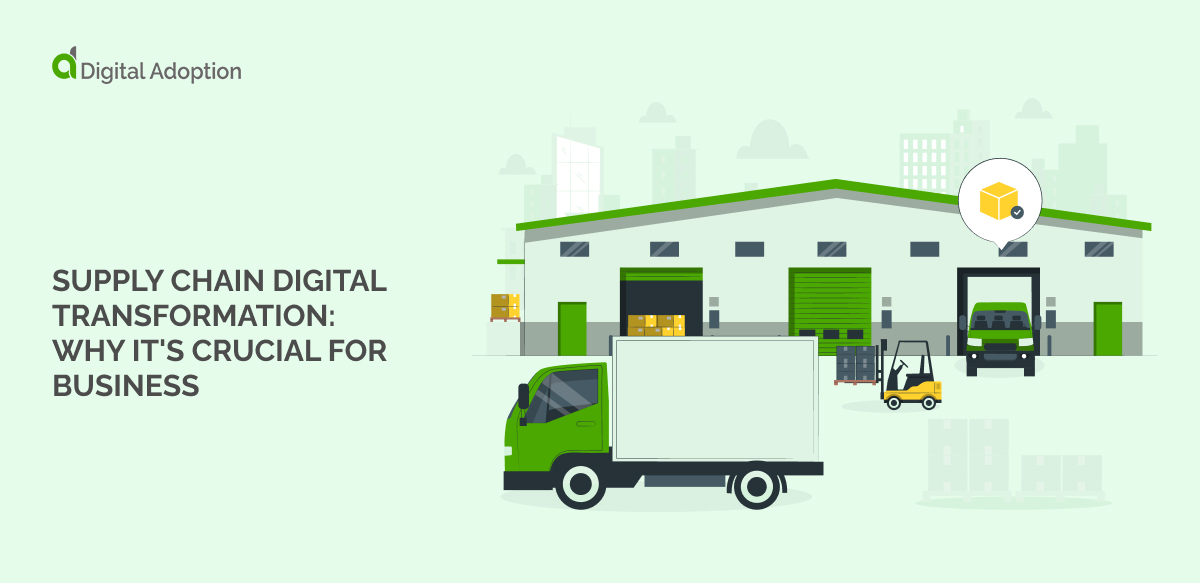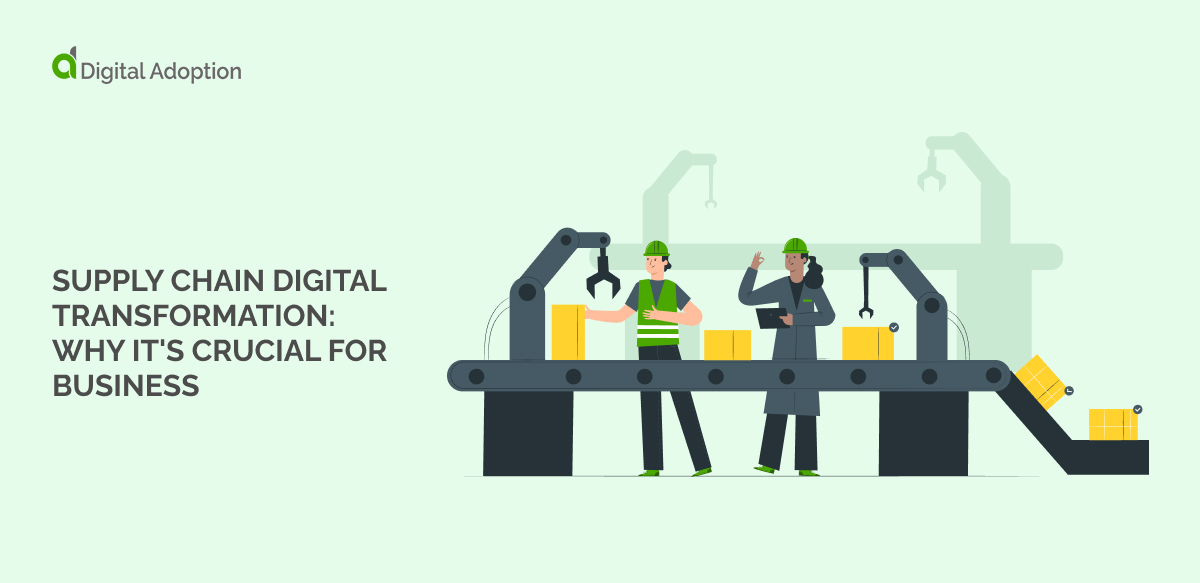In this article, we’ll cover Workday manager interview questions in detail, including skill-based questions and general interview questions.
For those with the right skills and the right personality, this job position can be rewarding and lucrative.
Also, given the trajectory of the digital economy, having a strong Workday skill set can future-proof one’s career.
But before one can succeed as a Workday manager, it is necessary to actually pass the interview stage.
Skill-Based Workday Manager Interview Questions and Answers
There are several types of questions that will be asked during a Workday manager interview session.
In many instances, the very first round of interviews may cover the basics of Workday itself, including questions such as:
- What is Workday? Workday is an enterprise resource planning (ERP) platform and a human capital management (HCM) platform. It combines finance, HR, and business planning functions into a single suite of tools.
- Why use Workday? Workday provides a range of functions that streamline enterprise planning, financial management, and human capital management functions. It offers data-driven insight into business processes, centralizes multiple business functions, and improves business process efficiency.
- Who are Workday’s competitors? Some of the main competitors include HR platforms such as SuccessFactors, Dayforce HCM, Oracle Fusion HCM Cloud, Zoho People, and Bamboo HR.
- Who uses Workday? Workday combines HR, finance, and planning, so it is used by employees in all of these departments.
- What is the best way to train new users on Workday? Automated training platforms, such as digital adoption platforms (DAPs), provide just-in-time training inside the application. These platforms can provide training to workers remotely or on-site, and they are more efficient and effective than traditional training approaches.
- What Workday qualifications do you have? Workday training is offered either online or in-person, and the answer to this question will naturally vary from individual to individual. Workday Pro, for instance, offers an accredited program aimed at customers who want to work with service partners. “Kits” enable Workday providers to learn how components interact with one another.
Basic questions such as these will be followed by other questions aimed at testing skills and knowledge, such as:
- Name Workday’s core solutions. Enterprise planning, financial management, human capital management, automation, and analytics.
- What data reporting does Workday offer? Real-time reports offer custom reports that are object-oriented. Data sources include all modules – HR data, for instance, can draw from time tracking, payroll, attendance, performance management, and more.
- Define RaaS Report. Report-as-a-Service is offered through the web.
- Define the difference between simple and advanced reports. Advanced reports can be shared, they can access related business objects, and they can be RaaS enabled – simple reports can do none of these.
- What is a composite report? Composite reporting offers more functionality than advanced reports and allows for more complex calculations. It is usually used by finance.
- Explain how to schedule a report. From the search box, look for “Schedule a Report.” Select the task, choose the type of report to be run, select the frequency, then enter the criteria values.
Naturally, Workday managers will need to have far deeper expertise than the questions covered here. Ideally, they will have extensive experience in the platform and working as a Workday manager.
Questions that focus on expertise will certainly be more in-depth and cover a wider variety of topics.
Those being interviewed should expect an assortment of arbitrary questions designed to assess skill levels, from making purchase orders to module customization. If the answer is not known, then it is useful to explain how one would go about finding the answer.
General Workday Manager Interview Questions
Basic Workday questions and skill tests are essential for any Workday manager, but interviewers will also need to assess the candidate’s personality.
To gauge how successful the candidate will be, interviewers will ask questions such as:
- What experience and education do you bring to the table? Naturally, companies will need to determine whether the candidate has sufficient experience. When answering this question, it is useful to emphasize not only the experience, but one’s desire and ability to learn new things. In the modern workplace, after all, continual learning is the norm and new hires will inevitably be learning new workflows and processes.
- Why do you want to work at our company? This answer should emphasize the overlap between values and goals. For instance, if the candidate believes in the company’s mission or agrees with its cultural values, then that should be emphasized. It is worth mentioning one’s own personal goals, such as career goals or compensation needs, but employers really want to know how engaged and enthusiastic new hires will be.
- How do you resolve conflict in the workplace? Conflict resolution is crucial for any employee, not just managers. There is no right way to answer this, but it is always useful to take a democratic approach based around communication. That is, all parties should be heard and listened to before making a decision.
- What is the most successful project you have implemented? Interviewers ask this for several reasons. On the one hand, they want to gauge the candidate’s capabilities. But they also want to understand how the candidate approaches a problem. For that reason, answers should describe the outcomes and the successes, as well as challenges, the approach to decision-making, and so forth.
- Name the biggest challenge you have faced and how you overcame it. Overcoming challenges, as just mentioned, is part and parcel in any workplace. If a candidate cannot face and overcome obstacles, they will have little value to a company. When answering, the challenge should be dimensionalized and described in detail: what happened, the challenges that were faced, why a particular choice was made, the outcomes, and what was learned.
Interviewers’ questions will center around a few common themes, such as the candidate’s skills, their personality, and their personal goals.
Despite the variety of questions, they have one underlying goal: to ascertain whether or not the candidate will be successful at the company.
When answering questions, it is important to remember this fact and frame answers from the organization’s perspective.













